Template Remoteincominglogs
Template Remoteincominglogs - Add the following lines just. With the help of tools like graylog, you can easily ship these. Web logs on any linux system are critical for analyzing and troubleshooting any issues related to system and applications. Web after that, add the following lines to define a template for storing incoming logs from client systems: They are also used for dynamic file name generation. Recently, while running maintenance, i discovered that network devices. Note that these rules must come before any rules for. # log every host in its own directory. Web next, add the following lines to define the template to store incoming log from client systems: Before we delve into the installation and configuration process, let’s take a moment to. Add the template just before global directives section: To ensure that logs from various machines in your environment are recorded centrally on a logging server, you can configure the rsyslog. Web we will use the following ruleset for collecting logs from remote hosts, using the remotelogs template. Add the following lines just before global directives section:. Web let’s create a. Web we will use the following ruleset for collecting logs from remote hosts, using the remotelogs template. Web let’s create a template that will instruct rsyslog server how to store incoming syslog messages. Web creating a template for receiving remote messages: Web next, you will need to create a template to tell rsyslog server how to store incoming syslog messages.. Web templates¶ templates are a key feature of rsyslog. In this tutorial, we will show you how to setup rsyslog on ubuntu 20.04 lts. Add the following lines just before global directives section:. Web next, you will need to create a template to tell rsyslog server how to store incoming syslog messages. Web we will use the following ruleset for. Recently, while running maintenance, i discovered that network devices. They allow to specify any format a user might want. Web next, you will need to create a template to tell rsyslog server how to store incoming syslog messages. With the help of tools like graylog, you can easily ship these. If you don't configure a template, all of the log. They allow to specify any format a user might want. Web logs on any linux system are critical for analyzing and troubleshooting any issues related to system and applications. Add the following lines just. Web next, add the following lines to define the template to store incoming log from client systems: Add the template just before global directives section: In this tutorial, we will show you how to setup rsyslog on ubuntu 20.04 lts. So, in the above line /scratch/rsyslog is a directory path on the rsyslog server where we. To instruct the rsyslog server how to store incoming syslog messages, create a template. Web logs on any linux system are critical for analyzing and troubleshooting any issues related. Web creating a template for receiving remote messages: Web next, configure a template for the incoming logs. Add the following lines just before global directives section:. Web we will use the following ruleset for collecting logs from remote hosts, using the remotelogs template. To ensure that logs from various machines in your environment are recorded centrally on a logging server,. Web after that, add the following lines to define a template for storing incoming logs from client systems: They are also used for dynamic file name generation. # log every host in its own directory. With the help of tools like graylog, you can easily ship these. Web logs on any linux system are critical for analyzing and troubleshooting any. If you don't configure a template, all of the log entries from the remote servers mix with the log host server's local logs. They are also used for dynamic file name generation. Web next, you will need to create a template to tell rsyslog server how to store incoming syslog messages. Web templates¶ templates are a key feature of rsyslog.. Note that these rules must come before any rules for. Add the following lines just. If you don't configure a template, all of the log entries from the remote servers mix with the log host server's local logs. Web after that, add the following lines to define a template for storing incoming logs from client systems: Web we will use. Recently, while running maintenance, i discovered that network devices. Web logs on any linux system are critical for analyzing and troubleshooting any issues related to system and applications. With the help of tools like graylog, you can easily ship these. Add the template just before global directives section: Web creating a template for receiving remote messages: Web let’s create a template that will instruct rsyslog server how to store incoming syslog messages. # log every host in its own directory. Add the following lines just before global directives section:. Before we delve into the installation and configuration process, let’s take a moment to. They allow to specify any format a user might want. To instruct the rsyslog server how to store incoming syslog messages, create a template. Web next, configure a template for the incoming logs. Note that these rules must come before any rules for. So, in the above line /scratch/rsyslog is a directory path on the rsyslog server where we. If you don't configure a template, all of the log entries from the remote servers mix with the log host server's local logs. Add the following lines just.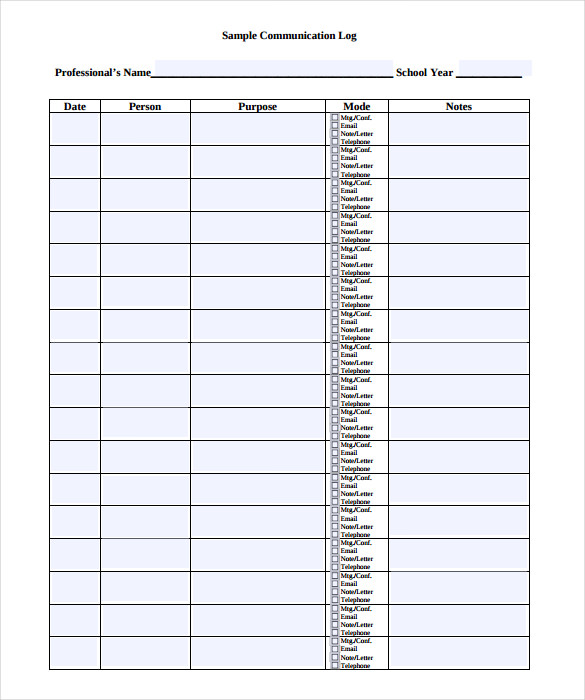
Mail Log Template PDF Template
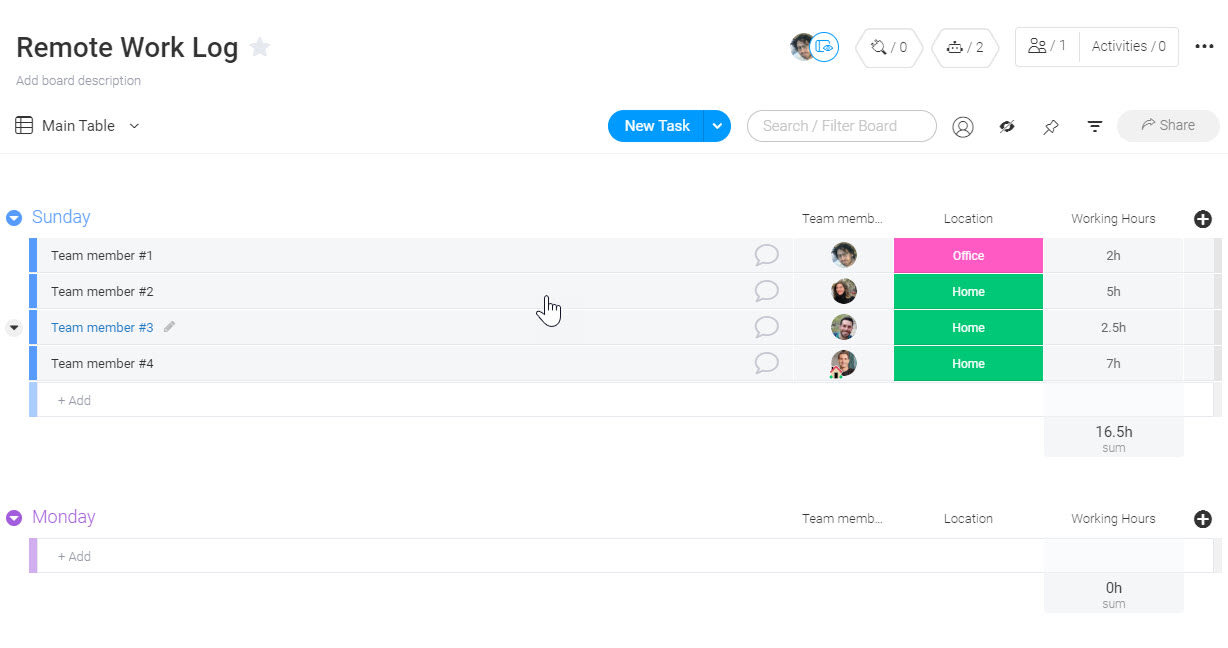
Remote Work Log Template
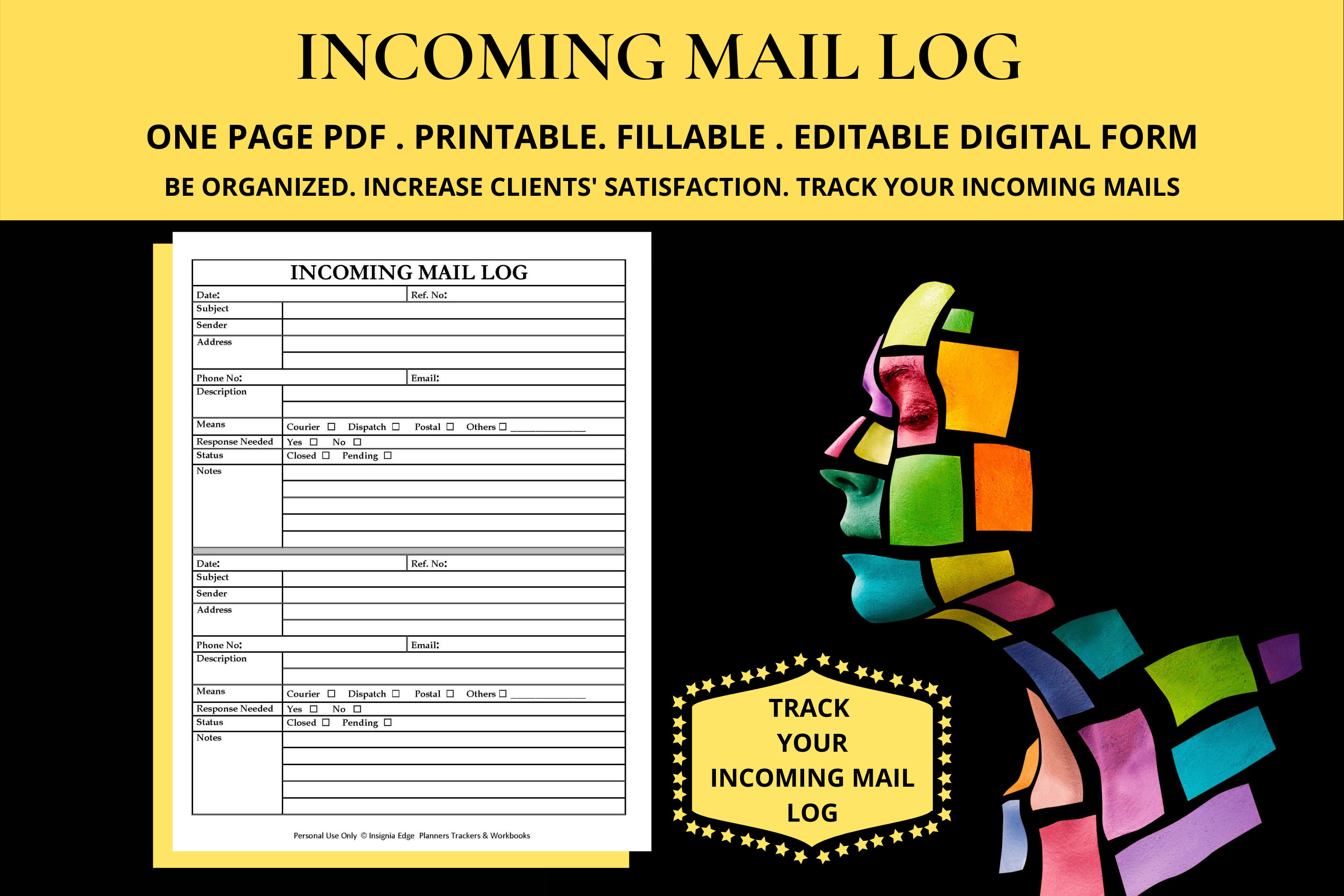
Mail Log Template Mail Register Template Etsy Australia
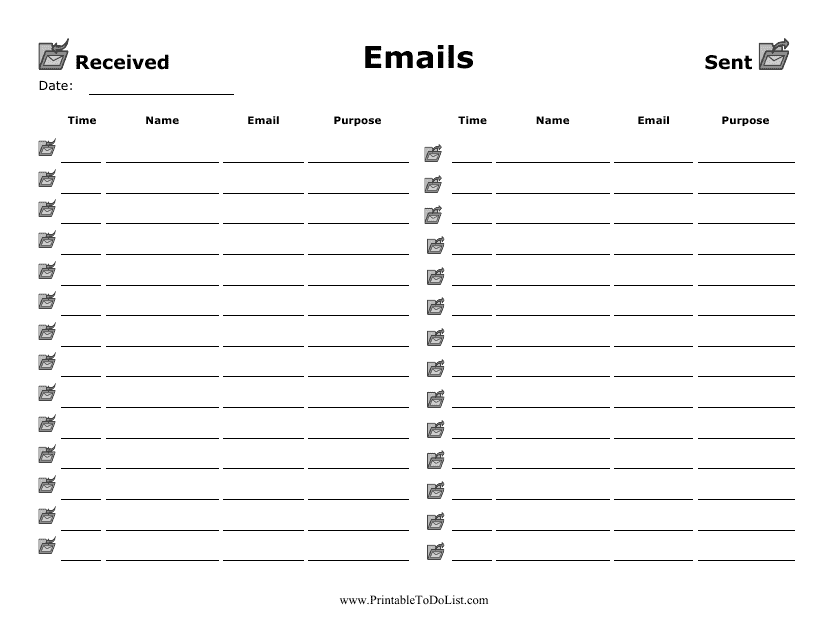
Email Log Template Download Printable PDF
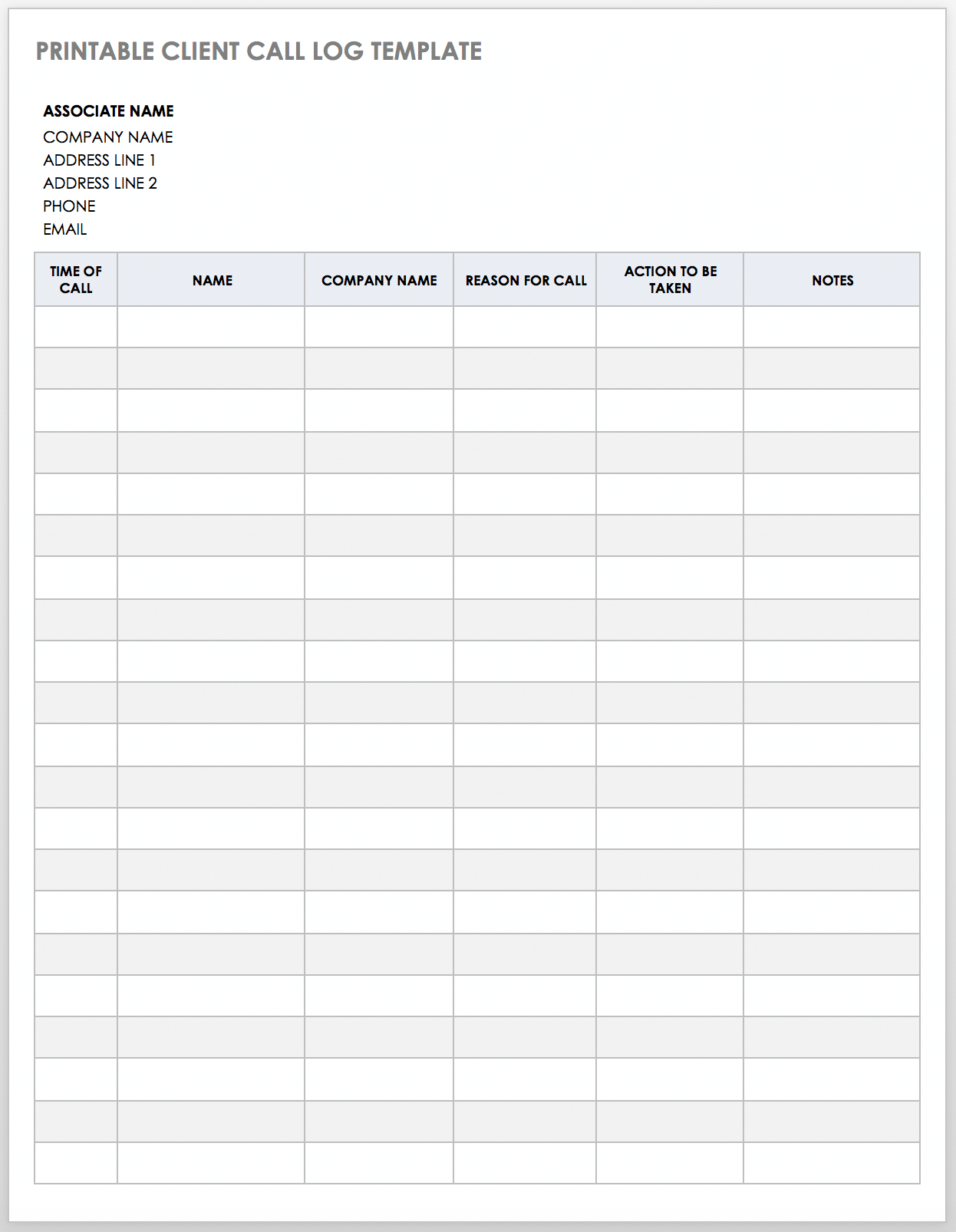
Mail Log Printable Template
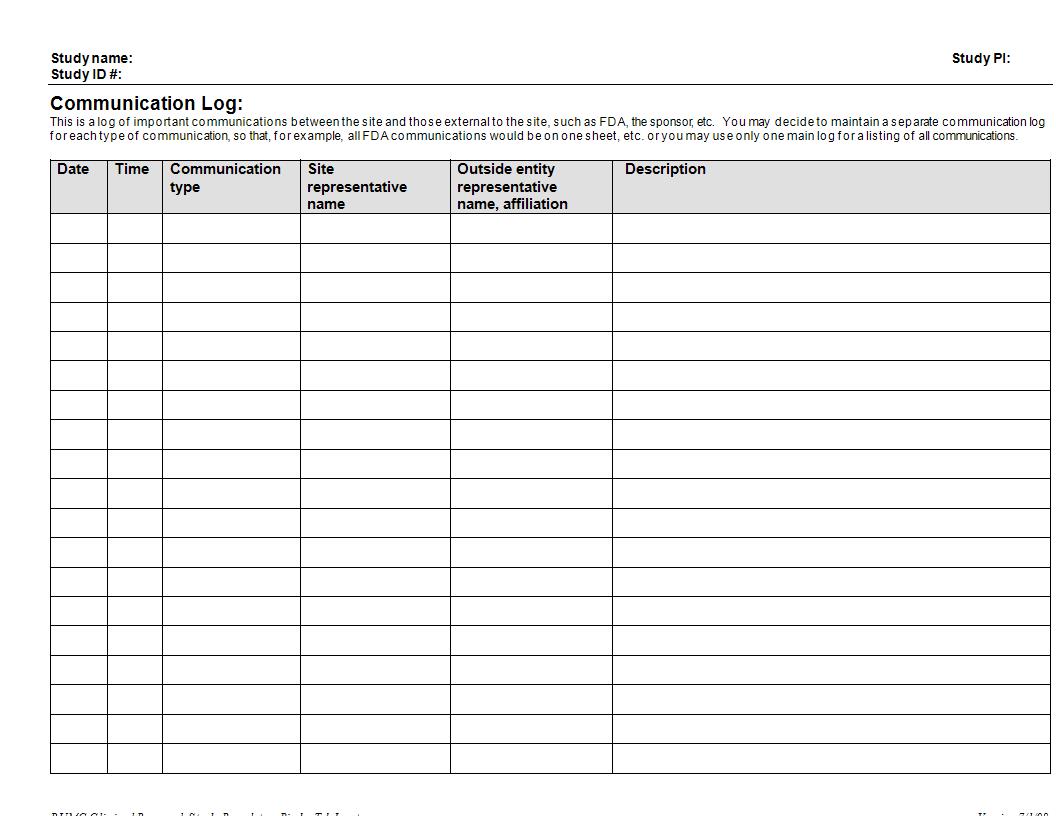
Communications Audit Template

Remote Work Log Template
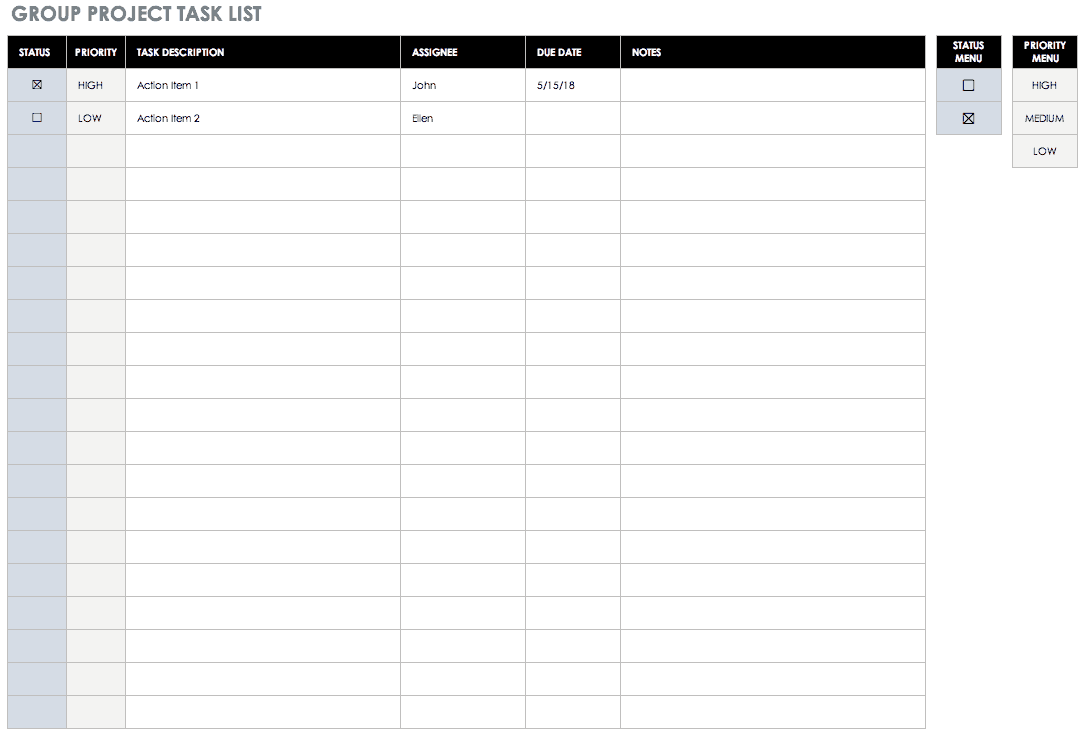
Remote Work Log Template

Easytouse call log template for sales & support Blog
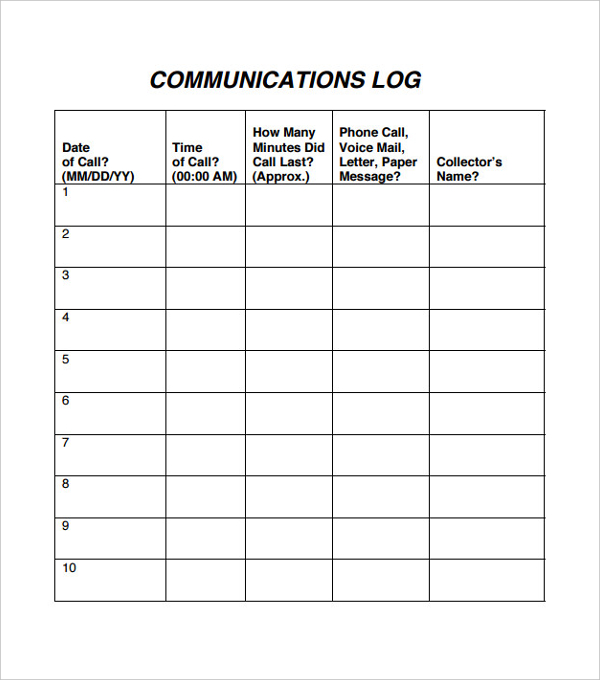
Communication Log Templates 10+ Free Printable Word, PDF & Excel Log
They Are Also Used For Dynamic File Name Generation.
Web Configuring A Remote Logging Solution.
Web Templates¶ Templates Are A Key Feature Of Rsyslog.
Web After That, Add The Following Lines To Define A Template For Storing Incoming Logs From Client Systems:
Related Post: